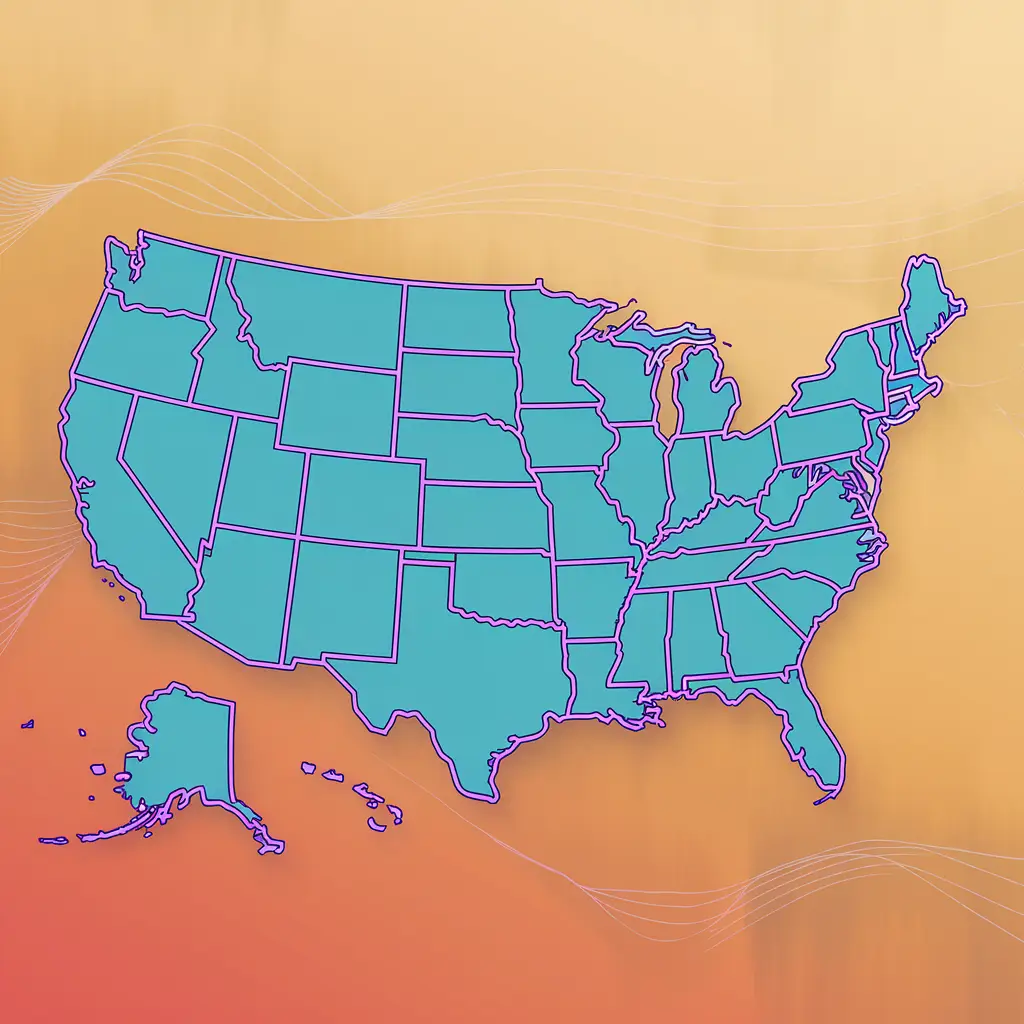Can Medicare Insurance be used in Any State ? Navigating the world of Medicare can feel overwhelming, especially when you’re wondering if your coverage extends beyond state lines. If you’re planning a move or traveling across the country, understanding how Medicare works in different states is crucial for maintaining your healthcare needs.
The good news is that Medicare generally offers nationwide coverage, but there are nuances you should know. From Original Medicare to Medicare Advantage plans, each option has its own set of rules that can impact your access to care. Let’s explore how Medicare insurance functions across state boundaries and what you need to keep in mind to ensure you’re covered no matter where you are.
Overview Of Medicare Insurance
Medicare insurance is a federal health program primarily designed for individuals aged 65 and older, younger people with disabilities, and individuals with specific health conditions. Medicare comprises four parts:
- Part A: This covers hospital insurance, including inpatient stays, skilled nursing facility care, hospice care, and some home health care.
- Part B: This includes medical insurance for outpatient services such as doctor visits, preventive services, diagnostic tests, and durable medical equipment.
- Part C: Also known as Medicare Advantage, this consolidates Part A and Part B and often includes additional benefits like vision, dental, and hearing coverage. Medicare Advantage plans are offered by private insurance companies approved by Medicare.
- Part D: This provides prescription drug coverage, helping beneficiaries afford medications through private plans.
Medicare coverage is generally valid nationwide. You can access services from any provider that accepts Medicare in any state. However, some specific rules come into play, especially concerning Medicare Advantage plans. These plans may have networks of providers, which can limit your choices based on the state. Understanding these nuances is essential to ensure you receive comprehensive care, regardless of where you live or travel.
Understanding Medicare Coverage
Medicare coverage operates primarily on a federal level, yet certain specifics require attention, especially when moving or traveling. Knowing the types of Medicare plans and the enrollment process ensures you receive the right care.
Types Of Medicare Plans
Medicare comprises four parts, each serving distinct healthcare needs:
- Part A: Covers inpatient hospital services, skilled nursing facility care, hospice care, and some home healthcare.
- Part B: Encompasses outpatient medical services, including doctor visits, preventive care, and some home healthcare.
- Part C (Medicare Advantage): Combines Parts A and B, often including additional benefits like vision, dental, and wellness programs, with coverage options varying by plan.
- Part D: Focuses on prescription drug coverage, allowing beneficiaries to select plans offering access to essential medications.
When considering Medicare Advantage, compile a list of available plan options based on your current state, as provider networks may differ significantly.
Enrollment Process
Medicare enrollment follows specific timelines and criteria:
- Initial Enrollment Period: Lasts seven months, beginning three months before you turn 65, including the month of your birthday and extending three months after.
- General Enrollment Period: Runs from January 1 to March 31 each year for those who missed their initial enrollment window, with coverage starting July 1.
- Special Enrollment Periods: These are activated by qualifying life events, such as moving out of a service area, allowing switches between plans without penalties.
Navigating these periods accurately ensures timely enrollment and uninterrupted coverage. Make sure to gather all necessary documents prior to applying.
Can Medicare Insurance Be Used In Any State?
Medicare insurance provides coverage that generally spans the entire United States. Despite this nationwide coverage, specific details matter depending on the type of plan you choose and your circumstances.
Coverage While Traveling
Medicare allows for coverage when you travel across state lines. You can access Part A and Part B services in any state and receive care from any provider that accepts Medicare. Although Original Medicare offers broad access, it’s vital to inform healthcare providers about your insurance to ensure claims process smoothly.
Limitations And Restrictions
Medicare Advantage plans may impose geographic restrictions. These plans often feature provider networks that limit your care options. Coverage may differ depending on the plan’s service area, meaning that if you receive care outside your plan’s network, you might face higher costs or lack coverage altogether. Understanding your plan’s specific rules is crucial to ensure you can access needed care, especially when relocating or traveling.
State-Specific Considerations
Understanding how Medicare insurance functions in various states is critical for ensuring continuous healthcare coverage. Differences can arise based on the type of Medicare plan, provider networks, and state regulations.
Variations In Medicare Plans
You may encounter significant variations in Medicare plans across states. Medicare Advantage plans, which are offered by private insurers, often feature specific provider networks. These networks can dictate which doctors and hospitals you can use without incurring additional costs. Each state’s available plans may differ in terms of benefits, premiums, and out-of-pocket expenses. Some states might offer supplemental plans that enhance coverage, while others may lack certain options. Always compare local plans to determine the best fit for your healthcare needs.
How State Regulations Affect Coverage
State regulations play a vital role in shaping Medicare coverage. Some states impose their own rules on Medicare Advantage plans that can affect the scope of benefits. For instance, state-specific legislation may influence the availability of additional services, such as vision, dental, and wellness programs. Additionally, states may have different processes for appeals and grievances related to Medicare services. Being aware of these regulations can help you navigate coverage options and understand your rights when seeking care. Always check with your local Medicare office or state health department for the most accurate and relevant information.
Conclusion
Navigating Medicare insurance across state lines can be complex but understanding the key aspects can ensure you receive the care you need. While Original Medicare generally offers coverage nationwide, Medicare Advantage plans may have specific limitations based on provider networks.
It’s crucial to familiarize yourself with the rules and options available in your state to avoid unexpected costs or gaps in coverage. By staying informed and proactive about your Medicare options, you can maintain access to quality healthcare no matter where you are.
Does Medicare Provide Coverage outside the US
Does Medicare Cover You Anywhere














